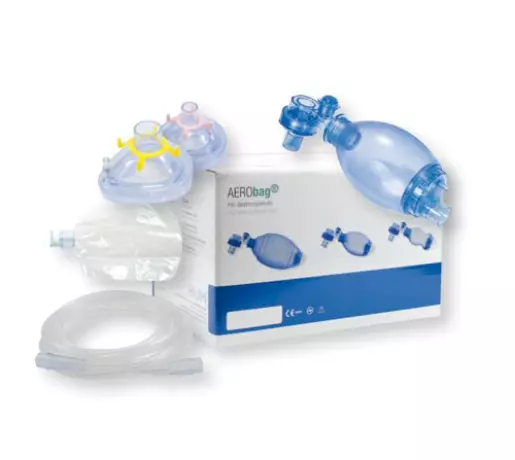
Gas supply - resuscitation bag AEROway resuscitation...
AEROway resuscitator silicone children Resuscitator silicone for children Bag 550ml O2 reservoir 2,6...
Portal and digital medical technology fair of the largest MedTech cluster in Germany

Gas supply - resuscitation bag AEROway resuscitation...
AEROway resuscitator silicone children Resuscitator silicone for children Bag 550ml O2 reservoir 2,6...
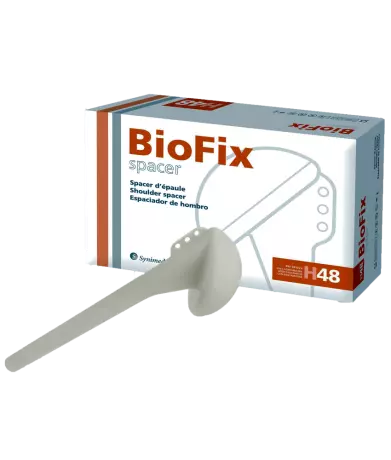
BioFix interim prosthesis shoulder
BioFix interim shoulder prosthesis with antibiotic (gentamicin). The BioFix shoulder spacer is a...

Bone screws and Ilizarov wires made of titanium...
Our bone screws in titanium or steel, together with our external fixation systems, are suitable for...
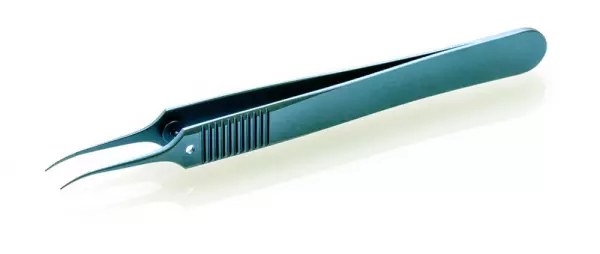
TITANIUM INSTRUMENTS - High quality titanium...
TITANIUM INSTRUMENTS High-quality instruments should last a long time. That is sustainable and, o...

Retractors Varied range of retractors and abdominal wall holders in various designs for almost al...

Trays / Baskets for Dental Instruments
85.180.00 TRAY, SURGICAL, INSTRUMENT WASH TRAY 1/1 W. 2 INSTR.SUPPORTS & 1 RETAINER LENGHTWIS...

CLEANING MEDIA BANTLEON cooperates closely with leading plant manufacturers in order to develop i...

Devices and instruments for laparoscopy by...
Laparoscopy With a complete range of units and instruments for laparoscopy, Tekno-Medical has bec...

Just in time production Just-in-time production...
We meet your high demands to your satisfaction with prototypes, small and medium-sized series, espec...
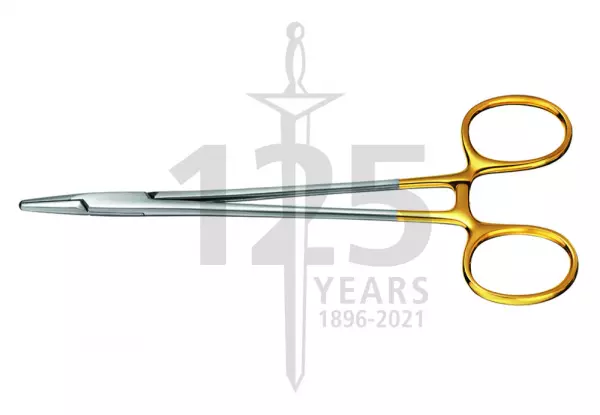
Needle holder - dental instruments
Retractors - dental instruments from Schwert 2011 TC NEEDLE HOLDERS 13CM BAUMGARTNER WITH TUNG...
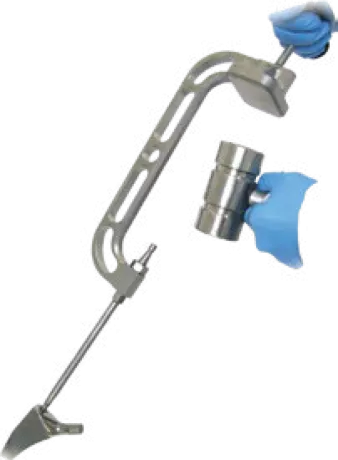
Xtract-All® Hip Universal Hip Stem Removal...
The Xtract-All® Hip Universal Hip Stem Extraction System is designed for the removal of well fix...

axyprotect BLACK | DLC coating
Diamond-like carbon layers (Diamond Like Carbon, DLC, aC: H or aC: H: X) are a class of ma...

Orthopedic products - Navigating tools
Customized tools for navigating the drill holes and saw cuts

Micro needle holders, scissors and forceps are required for modern and state of the art micro discip...

EUROFLEX offers customers our expanded line of medical components and new, custom designed solutions...
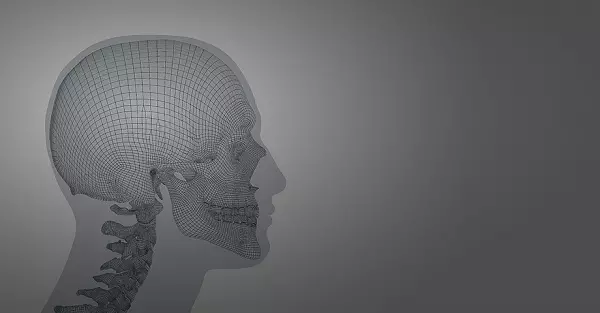
Implants and implant systems craniomaxillofacial...
Implants and implant systems craniomaxillofacial surgery We are one of the globally leading suppl...
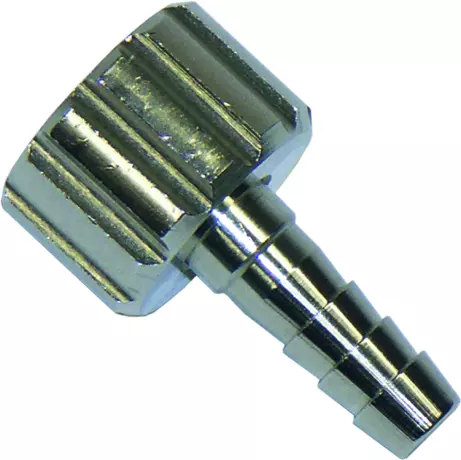
AEROway hose connection nozzle 3/8″
AEROway hose connection nozzle 3/8″ AEROway hose connector chromed with seal Inlet...
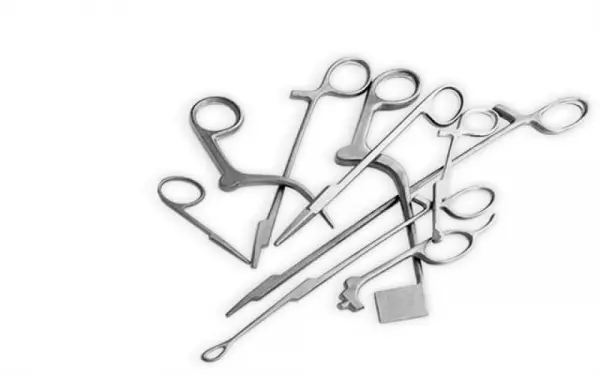
Raw materials for various surgical instruments
Since the company was founded in 1880, we have been manufacturing raw materials for various surgical...

Sterilization containers For more than three decades we set standards in hospital sterile supply....
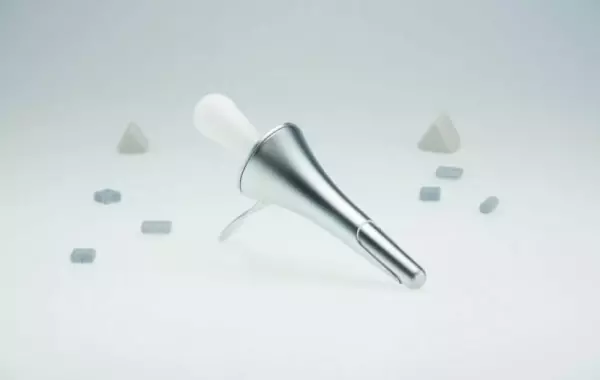
Surgical instruments for proctological applications
Proctology We manufacture a wide range of different surgical instruments for proctological applic...
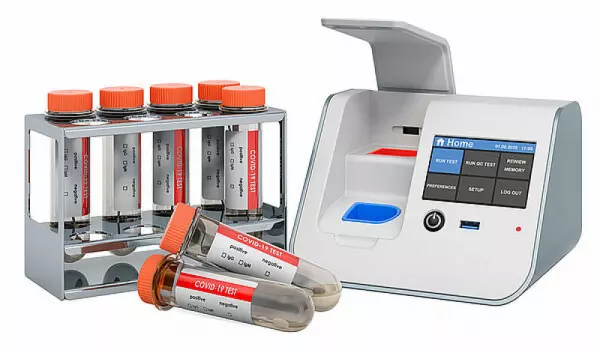
Point of Care (PoC) analysis for SARS-CoV-2
Point of Care (PoC) analysis If results are to be available promptly so that quick decisions can...
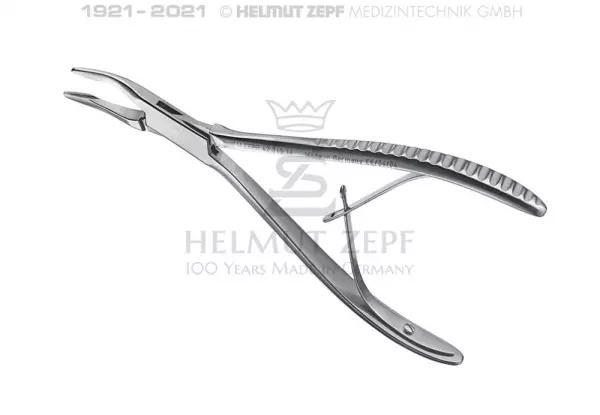
Micro Bone Rongeurs - Dental Surgical Instruments
42.315.16 BONE RONGEUR FORCEPS FRIEDMAN, MICRO-BONE RONGEUR FORCEPS, SLIGHTLY CURVED, 15.5 CM...

Procare liquid cleaners and powder cleaners...
LabTech Labortechnik GmbH offers you a large selection of laboratory technology - Procare liquid cle...

Surgical instruments for veterinarians
SURGICAL INSTRUMENTS FOR VETERINARIANS For us, the animal counts like the human OERTELvet inst...
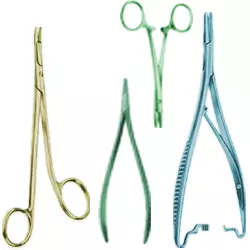
Seam: needle holders, pocket cutlery and...
The general surgery "suture" catalog includes the following products: Needle holder...

DEWISTERI - sterilization containers in all...
Sterilization Containers in all Sizes & Accessories. DEWISTERI is a line of extreme...
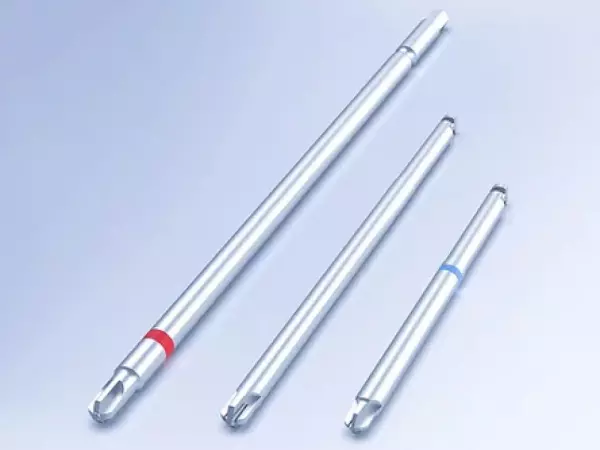
Orthopedic Products - Inserting Tools
The product range of cutting tools in the field of orthopedics includes: Phillips blades...

Pin and Membrane Instruments - Dental
Pin and Membrane Instruments made by Schwert
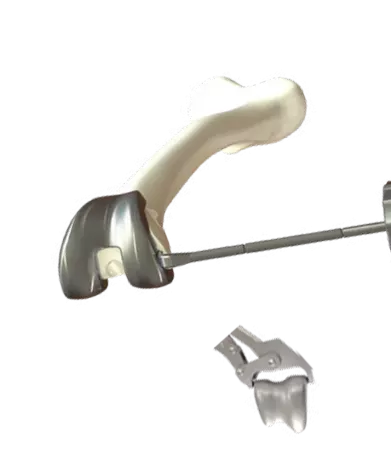
Shukla Knee Universal Knee Implant Removal...
A universal extraction system designed to efficiently remove knee implant hardware manufactured by a...
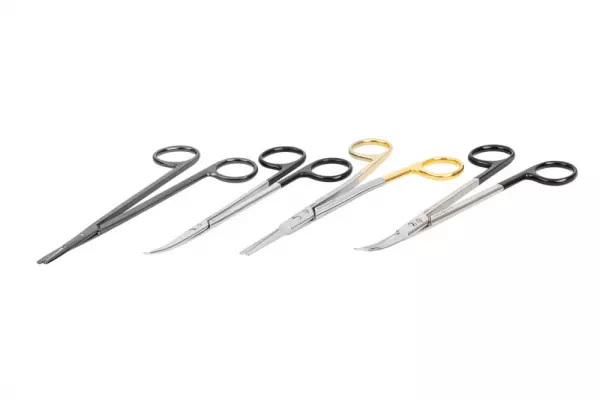
We can offer you a wide portfolio of surgical instruments for the most diverse medical disciplines....
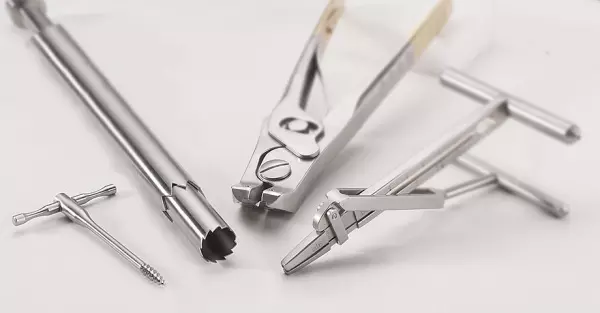
Implants and implant systems traumatology
Implants and implant systems traumatology Given the great variety of patient injuries encountered...
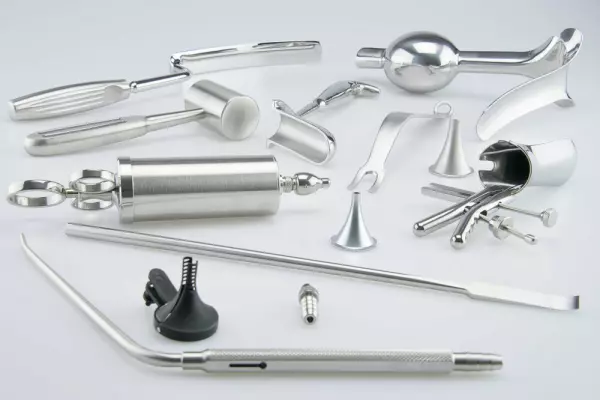
Manufacture of standard surgical instruments
Standard production Our classic product range includes over 800 active articles, which are used i...

Most users do not need individual motors to realise their drive solutions. They are better off with...
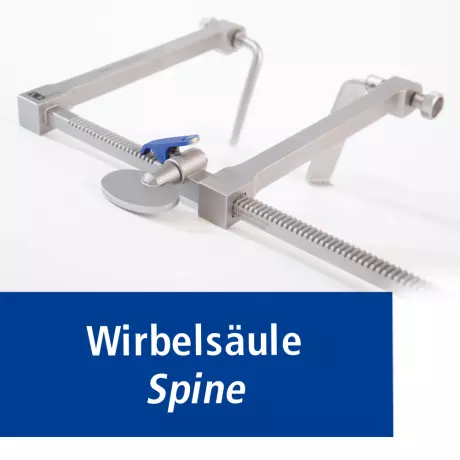
Spine surgery with three different reatractor...
Spine surgery with three different reatractor systems The spine is in surgery very difficult. Aug...
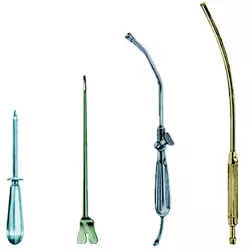
Probes, aspiration, puncture, varices & injection
Probes (vascular probes, fistula probes etc.) Dilators Cotton swab Suction cannulas & t...
 Product portfolio and range of services in Operating room, operating room equipment, operating room, operations and surgical interventions in medical technology or other healthcare-related industries .
Product portfolio and range of services in Operating room, operating room equipment, operating room, operations and surgical interventions in medical technology or other healthcare-related industries .
In the last decade, expectations of surgical care have become increasingly high. Patients expect greater transparency and patient satisfaction, as well as fewer mistakes. However, there is still a great deal of iatrogenic harm associated with surgery performed in operating theaters. Some studies have reported that unintentional adverse events can amount to as much as 11% of all operations performed in hospitals across the UK. The US Institute of Medicine estimates that between 44,000 and 98,000 deaths are caused by complications during surgery each year.
Changing demographics of medical school graduates have changed the role of the surgical department. Compared to the 1979-1980, the number of women graduates in US medical schools increased from 23.1% to 45.3%. Additionally, the percentage of white medical school graduates has decreased, with 85% of all graduates being white. Furthermore, the number of people of Asian origin has risen from 2% to 21%, while the number of Hispanic and African American graduates has increased from 5% to 6%.
The academic surgical environment has dramatically changed in the past 30 years. The rise of managed care, third-party payment systems, and the decline of Medicare reimbursements have increased the workload and administrative burden on surgeons. Regulatory requirements, such as HIPAA, have also led to an increasing emphasis on documentation and outcome-reporting, making it more difficult to focus on teaching medical students and conducting research. Despite these challenges, it is possible to design an optimal surgical department that meets these needs.
The advantages of teamwork have been studied. A systematic review of 18 articles found that a surgical department chair's leadership style was significantly related to the quality of care. In addition, a strong leadership style is not necessary for a good surgical team. A strong team is essential for the successful operation of the department. The surgeons in the surgery department need to learn how to balance the demands of being a leader and a member of the hospital's administrative staff.
While there is no direct correlation between the differences in leadership styles and quality of care in surgical departments, the benefits of teamwork are clear. As a team, members of the surgical team will often be more efficient than their individual colleagues, but they will benefit from greater team cohesion. This means that each individual's unique qualities may benefit the other, but it's important to remember that each style has its advantages and disadvantages. If you're a surgeon, you can choose to lead by focusing on the common goals of the surgical department.
In a typical surgical department, the surgeon cannot perform their daily tasks alone. The team must be coordinated. Each member should be aware of the other's strengths and weaknesses. This is crucial for the success of the operation. Besides, it's important to have the right team dynamics to improve the quality of patient care. A good surgical team has the ability to work effectively as a unit. For example, the surgeon must be able to communicate with the other members and coordinate their work.
Become a digital exhibitor yourself in the online portal of the largest and best-known MedTech cluster region in Germany and inform the world of medical technology about your products and services as well as about news, events and career opportunities.
With an attractive online profile, we will help you to present yourself professionally on our portal as well as on Google and on social media.